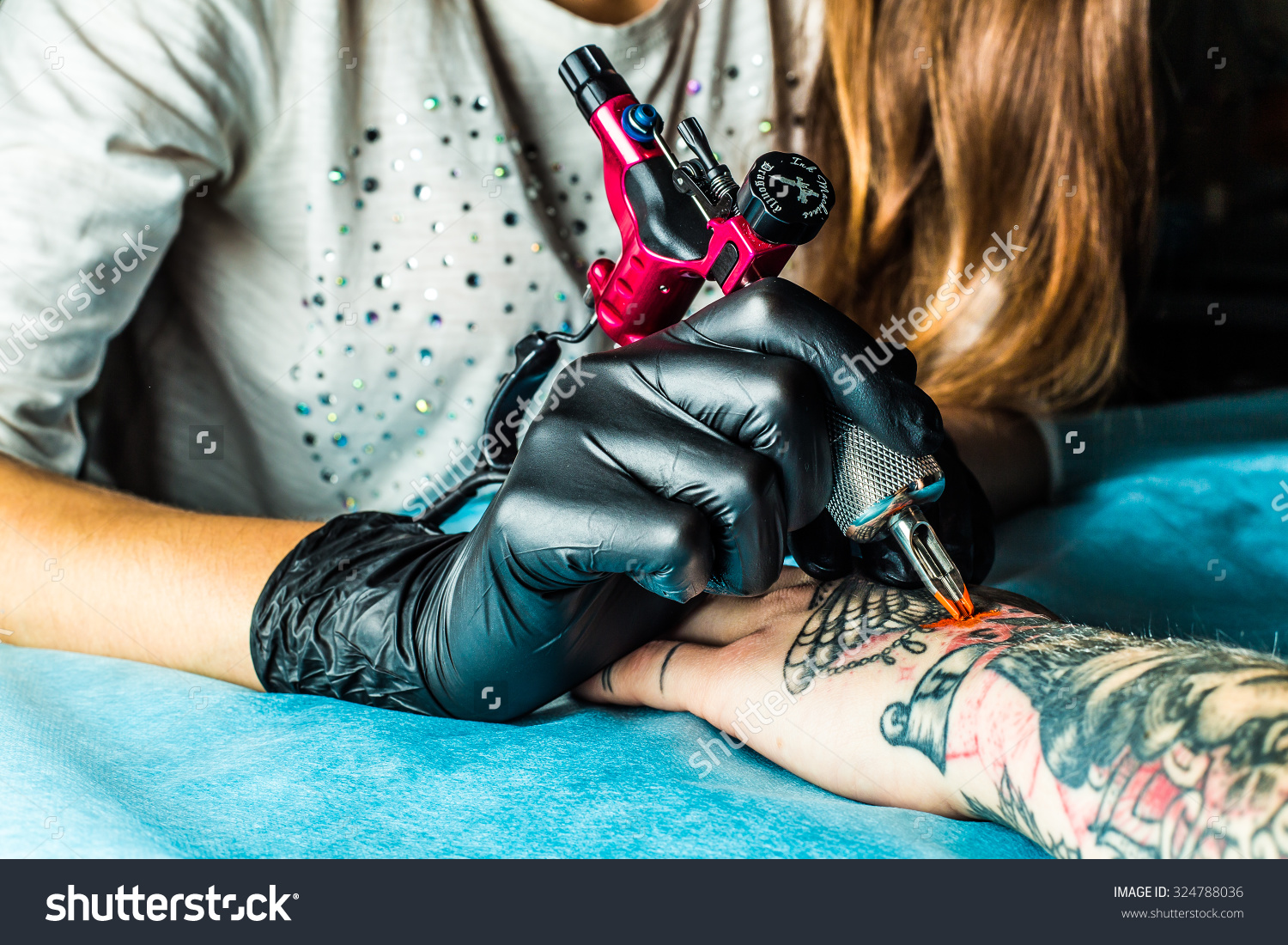The topics are necessary, and to some, the terms are off-putting. I’m talking about sexual assault, rape culture, and associated concepts like patriarchy and male privilege. To unpack the difficulties in discussing these matters, I reached out to Josh Bronson, Assistant Director of the Office of Sexual Misconduct & Relationship Violence at the University of Maryland.
Read on for Josh’s advice on discussing these topics and supporting your own communities – including your virtual ones.
Tara M. Clapper: What motivated you to get into the field of public safety generally, and specifically preventing sexual assault and other forms of violence?
Josh Bronson: I initially got into public safety because I had a desire to help people. It sounds cliché, but it’s the truth. There is no nobler cause than helping your fellow people. I then started to train specifically in sexual and relationship violence because it was a further way to help people. I also saw that the way things were currently being done did not benefit anyone involved in the process, most of all the victim. The initial contact a victim has can impact that person for the rest of their life, and I wanted to make sure that that contact was a positive one; a step toward healing.
TMC: How do you define rape culture?
JB: Rape culture is a concept used to describe a culture in which rape and sexual violence are common and in which prevalent attitudes, norms, practices, and media normalize, excuse, tolerate, or even condone rape. It also creates and tolerates an atmosphere that suggests what is important to people of all genders surrounding sexuality.
TMC: I’ve noticed that terms like ‘rape culture,’ ‘patriarchy,’ and ‘male privilege’ often stir a negative or defensive reaction from men. Why do you think that is, and what is the most effective way to communicate what these terms mean without perpetuating a heated debate?
JB: Any time you are in a position of power, like men are in society, it is difficult for you to see things from other people’s perspectives. “it’s like this for me, so it must be this way for everyone” are common thoughts. There are some men that are probably worried about losing their power as well, but I believe that this is the minority. One important way to talk to men about rape culture and the other terms you mentioned is to engage them about how it impacts them as well.
There is a story I usually tell about noticing that I am perceived as a potential predator by women, particularly if I am in a parking lot at night and happen to be walking in the same direction as a woman walking alone. This should make men mad. Most men are not predators, and the fact that we are all perceived as such should anger those that are not. A small minority of men give all men a bad name. Another topic I bring up is how we as men perceive sexual assault differently than women.
While teaching a class on rape culture, I ask all the men in the room what they do on a regular basis to avoid being the victim of a sexual assault. There are usually 0-1 answers. When I ask the same question to all the women in the room, everyone has at least one answer with most having more than one. When men see that women they know have to think about sexual assault all the time, it can be very impactful. Another way to communicate with men is to have men talk to other men about these issues. Unfortunately some men think of women as inferior so why would they listen to a woman talk about male privilege?
When we as men engage other men and become active participants in the discussion, it will be better for everyone. For women trying to engage men in the conversation it’s also important for men to hear that women do not think they are all bad people. Sometimes during these discussions it can come off sounding like only women are victims and that men are bad people, even if that was not the intended message.
TMC: Personal responsibility often comes up when rape culture is discussed – beyond questions about what a victim was wearing, people often ask ‘why was the victim at a party alone?’ or ‘why was the victim drunk?’ What is the level of personal responsibility college students and others should assume for themselves?
JB: This is a difficult discussion to have. Obviously we all have a level of personal responsibility, but just because we might act irresponsibly from time to time doesn’t mean that someone should be subject to being assaulted. College aged people like to take risks. It’s a natural part of growing up. But engaging in risky behaviors does not mean that you asked to be raped. It’s like if you were drinking alcohol and stepped off a sidewalk into the road, and were hit by a drunk driver; you didn’t ask to be hit by the drunk driver. You are a victim.
TMC: What are some things that men can do to make a professional or academic environment places of equality?
JB: By not talking down to women (insulting their work or research in front of others if they would not do that to a man) or calling them things like “sweetie” and “honey.” By asking the male employee to get their coffee in front of women, or at least rotating. By not saying things like “it must be that time of the month” or “women get so emotional.” All of these little micro aggressions add up, and can make a workplace very hostile for women without really even intending it to be. We as men need to acknowledge our privilege and use it for good to try to change the mistreatment of others.
TMC: Technology is a huge part of our lives – and the discussion surrounding #GamerGate shows that some use the internet to abuse and threaten others. What should someone do if they feel threatened by a comment posted to or about them online, especially if the comment is anonymous or posted from someone who lives in a different state or country?
JB: In many states you can file criminal charges in the state in which you live even if the behavior is occurring from another state. Even if a comment is anonymous, the police can usually trace the commenter through the use of subpoenas. That can take awhile though. Ignoring the behavior can also work. People that abuse others in this way are looking for a reaction, positive or negative. Even if you ignore them for 3 months and then respond one time, they now know that they only have to keep at it for another 3 months and then they’ll get a reaction. Telling them once to stop, and then ignoring it will cure most of the problems. This can also take awhile, but at the end of the day, it will probably stop the behavior permanently.
The other more important way to solve these problems are through bystander intervention strategies. Even though they are online generally, being a good bystander is important. Particularly men standing up to other men’s behavior and letting them know that the behavior is not tolerated is a way to permanently solve the problem, but it takes a lot of strength and a lot of people to do this. It takes people saying enough is enough and we are all human beings and human beings don’t deserve to be treated this way.
TMC: Anything else you’d like to add?
JB: We all have to work together to solve the problem of rape culture and misogyny. These are not men’s issues or women’s issues, but rather people’s issues. Whether you are black, white, asian, male, female, transgender, Christian, Jewish, or Muslim, these are problems that impact us all. Women should not turn away from men as allies, and men need to realize that we do have power in society that women don’t have. No one should have more power in society in this way. We should be striving to live in a world were all people are equal and respected. It may be a long and difficult journey, but we will never get to our destination if we don’t take the first step forward.
Care to learn more? Check out MenCanStopRape.org and FORCE: upsetting rape culture.







